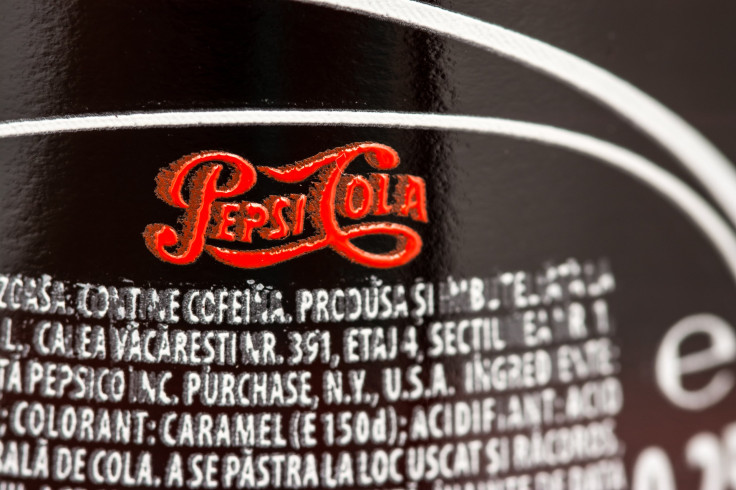PepsiCo Drops Aspartame In Diet Pepsi, Replaces It With New Artificial Sweetener

Americans love their diet soda, considering they’re consuming 20 percent more than they did just 15 years ago. But after PepsiCo’s diet soda sales dropped 3.2 percent in the first quarter of this year, the company has decided to change up its recipe and swap the artificial sugar additive aspartame for the less controversial sucralose.
"This is an aggressive move by Pepsi. It has the potential of helping Pepsi recruit new and lapsed users for Diet Pepsi," John Sicher, editor and publisher of Beverage Digest, told USA Today. But the move also has some risk, he says. It could confuse some loyal Diet Pepsi users, though it is the sweetener blend that's changing, not the flavor formula."
The announcement came on Friday, as a result of consumer surveys that revealed aspartame was the number one reason why Americans chose not to drink diet soda. Diet sodas are made from a different recipe, which leaves the tongue with a taste that obviously mimicks that of natural sugar. There isn’t a health benefit underlying the decision, it’s merely the company is switching from one artificial sweetener to another — like sprinkling a packet of Splenda into your coffee instead of Equal.
“Diet cola drinkers in the U.S. told us they wanted aspartame-free Diet Pepsi and we’re delivering,” said Seth Kaufman, the senior vice president of PepsiCo, in a statement. The recipe is a blend of sucralose and acesulfame potassium, and will replace the old one at the beginning of August. The new formula is a result of “extensive research” and taste-test trials by diet cola drinkers in the United States.
The “Now Aspartame Free” labels are an advertising effort to appease chemically conscious consumers who are still looking for something sweet to drink without the calories. Many may wonder if there will be a change in taste. Aspartame is a chemical combination of two amino acids and methanol, and its use in beverages has been questioned due to possible links to cancer and neurological problems, according to Center for Science in the Public Interest.
The lesser-known additive acesulfame potassium, labeled as ace-K on ingredient labels, is 200 times sweeter than sugar and has been around since the Food and Drug Administration approved its use in 1998, according to CSPI. But it’s currently only been permitted in foods like sugar-free baked goods, chewing gum, and gelatin desserts. Large doses have been shown to affect thyroid glands in rats, rabbits, and dogs. Since Diet Pepsi is among the top 15 most valuable soft drink brands worldwide, people could be drinking harmfully high levels.
The soda giant isn’t focusing on the chemicals involved as much as they are the concerned with matching the taste of aspartame, a PepsiCo executive said, according to Time. “While decades of studies show aspartame is safe, we recognize that consumer demand is evolving.”



























